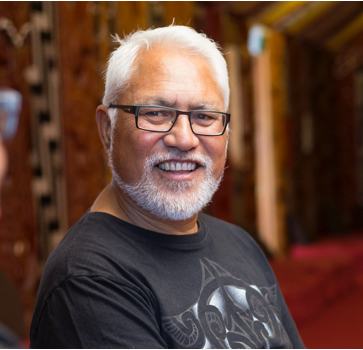Partitions (subdivisions) and other title improvements
Partitioning (subdividing) Māori land
Can I cut my shares out of a block of Māori land?
Te Ture Whenua Māori Act 1993, s 289
Yes. One or more owners of Māori land can separate their shares from the rest and create a separate title. In Māori land law this is called a “partition”. It’s also known as a “subdivision”. “Full partition” is the most common type of partition.
Restrictions on partitioning
Te Ture Whenua Māori Act 1993, s 288(4)
Before it can order a partition, the Māori Land Court needs to be satisfied:
- that the partitioning is necessary for the land to be effectively operated, developed and used, or
- that it will give effect to a gift from one of the owners to a member of his or her whānau; and
- that the applicant has sought and received support from the partition from a sufficient number of owners in the larger block; and
- that the partition will not unnecessarily risk loss of land outside of ownership by the Māori owners.
You’ll also need to make sure that the area to be partitioned doesn’t restrict access to the rest of the land and also that it won’t take all of the flat or most useable area of the land.
If the land is in an ahu whenua trust, you will also need to apply to the court for an order cancelling the trust over the partition area.
What are the requirements for a full partition?
Te Ture Whenua Māori Act 1993, s 301
A full partition requires subdivision consent from the district council under the Resource Management Act 1991. If the council consents to the partition, it may require a reserve contribution.
What is a reserve contribution?
This is where a part of the land is given to the district council, although sometimes money is contributed instead. A reserve contribution can include:
- the strip of land formerly known as the Queen’s chain
- a strip of land to provide for public access
- land provided for recreational purposes
- a monetary contribution toward recreational facilities.

